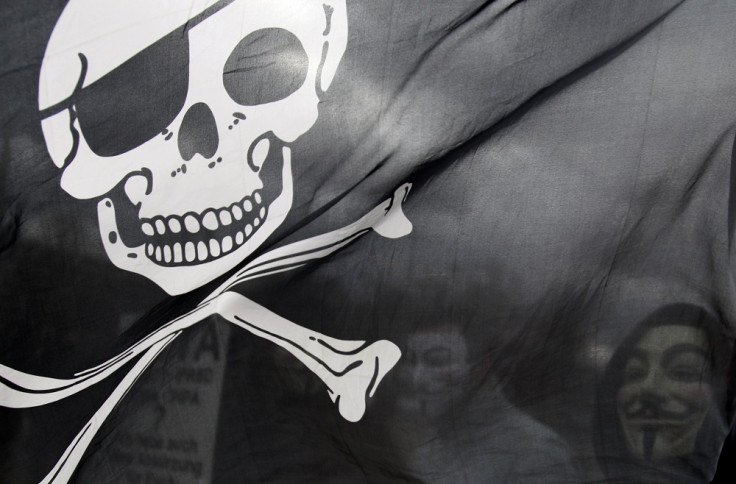'Watered Down' Warnings Coming to Those Dowloading Pirated Films and Music

UK Internet service providers (ISPs) are to soon reach a deal with representatives of the British entertainment industry regarding online piracy, according to new reports.
A deal between BT, Sky, TalkTalk and Virgin Media is expected to be reached imminently with the BPI, which represents the UK's recorded music industry, and the Motion Picture Association (MPA).
Leaked documents seen by the BBC suggest the measures agreed by the rights holders are considerably weaker than what had originally been demanded.
The Voluntary Copyright Alert Programme (Vcap), which took almost four years to finalise, will mean that ISPs in the UK will send "educational" letters to customers suspected of illegally downloading content.
The BPI and MPA had suggested that letters to repeat offenders should include warnings that legal action may be taken on the part of the rights holders. The two bodies also hoped to gain access to a database of known illegal downloaders as part of the deal.
Before the deal is completed it requires approval from the Information Commissioner's Office.
'Escalating in severity'
As part of the deal, the BPI and MPA will pay the ISPs £750,000 to implement the system, with a further £75,000 paid annually to cover the administrative costs.
Alerts to copyright infringers - either by email or physical letter - will be limited to a total of four for each customer account. The language in the letters will "escalate in severity" without mentioning the legal consequences of the customer's piracy, however after the fourth, no further action will be taken.
Lawyer Steve Kuncewicz told the BBC that the entertainment industry will not be happy with the changes, describing the notification system as "watered down beyond all recognition".
The deal is seen as a let off to the ISPs, who faced the possibility of having to slow internet connections of offending customers or cut them off completely.
However, if these measures are deemed to be unsuccessful in dealing with piracy, it has been suggested that far more severe measures could be introduced.
Quoting sources close to the discussion, the BBC reports that rights holders will seek the "rapid implementation" of the Digital Economy Act, which brings with it much stricter consequences for copyright infringers.
'Entirely unenforceable'
The deal has already been criticised for focussing on consumers rather than on illegal sites that provide such content, such as Pirate Bay.
Andrew Goode, COO of ad tech provider Project Sunblock, slammed the letter-sending initiative as being "entirely unenforceable" without threats of punitive measures.
"Sending out letters to consumers won't come close to quelling the tide of illegal downloads," Goode told IBTimes UK. "Instead of targeting consumers, what's needed is to cut off the flow of advertising revenue that fuels these copyright infringing sites."
Law firm Eversheds has claimed that the anti-piracy deal does not demonstrate support for creative industries.
"Whilst this latest deal is a step forward, it is far from the enforcement regime requested by the creative industries," said Neil Mohring, head of media at Eversheds.
"An efficient and rigorous enforcement regime is key to the continued growth of the creative industries and must benefit both creators and intermediaries such as ISPs in the long term."
© Copyright IBTimes 2025. All rights reserved.






















